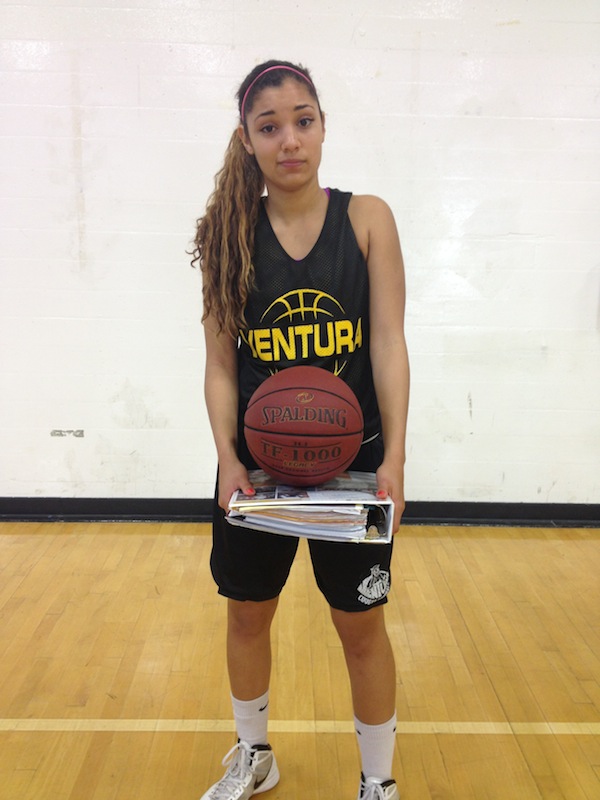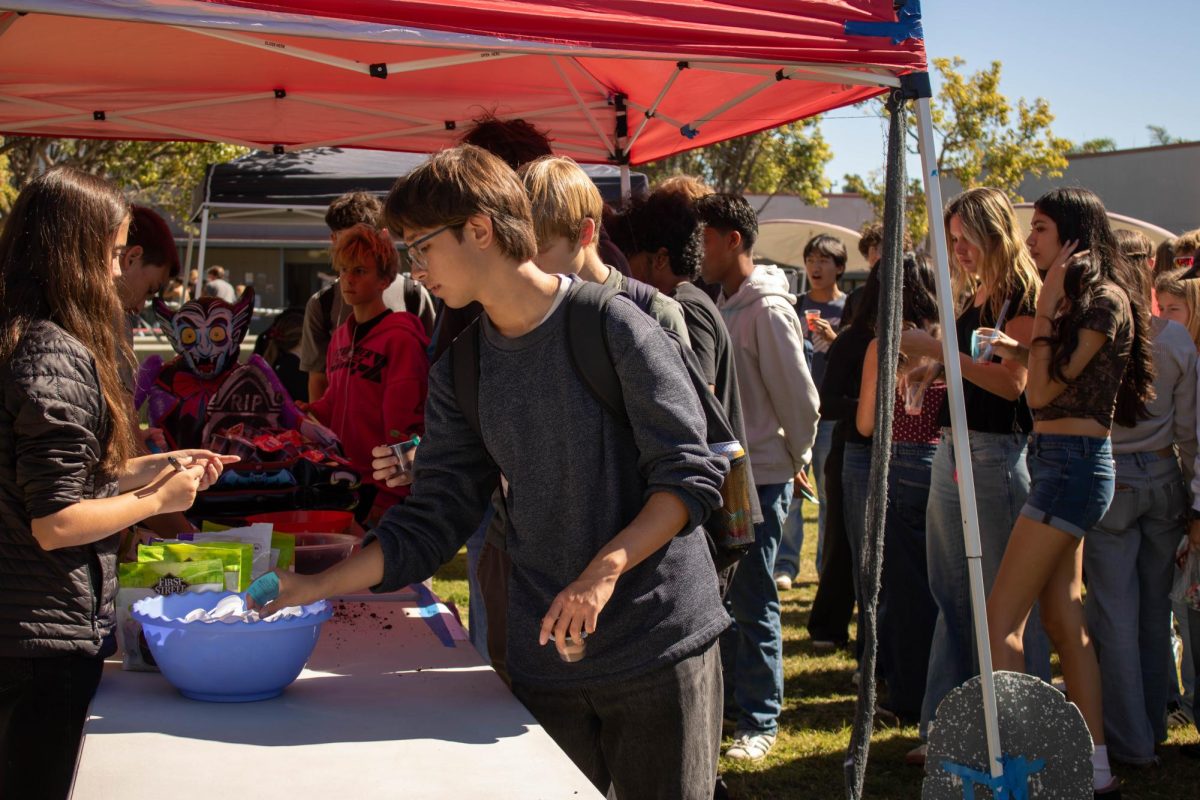
Junior Kayalin Irby has a lot on her plate: AP classes, basketball, friends, and a heap of stress.
Irby, like many student athletes at Foothill, feels stress and pressure from the demands of both her sports and schoolwork.
“I’ve been taking on a lot at once. It’s also the year where it’s all of a sudden my job to be the primary player on the team, so it’s taking on a lot of responsibility at once. It’s been really emotionally hard for me to make that adjustment while trying to do my schoolwork and sleep,” she said.
With two and a half hours of practice every day, and weekend games that last up to eight hours, Irby lives and breathes sports.
Many student athletes, like Irby, specialize in and focus their attention on one sport, leading to, in many cases, physical and mental injuries.
A study conducted by Frank Lu of the Graduate Institute of Physical Education at the National Taiwan Sport University (a scale called the CSALSS) discovered the different factors and aspects that cause stress on student athletes.
One of the factors he looked at closely was burnout, which can lead to mental, physical and emotional stress.
Junior Janine Raduechel, a Buena soccer player, also feels stress from the demands of her sports. She, like Irby, has almost daily practice, with no more than two days off in a week.
“It’s definitely stressful, especially when playoffs come around,” she said.
Junior Sergio Rodriguez, another athlete, is no stranger to stress. Playing on Ventura High School soccer’s varsity team, along with a club team on the weekends, stress is a familiar feeling to him.
For Rodriguez, his stress comes from his performances in games, especially since Ventura has been playing well the past few years, earning its title as number 10 in the nation. Ventura’s boy soccer team proved its prestige ranking in one of its most recent games.
“It’s hard because you’re trying not to mess up. Like at any moment you mess up, everybody is watching. Trying so hard just mentally stresses you too much. I think that’s what gets me. [It] tears me up,” he said.
All three said that they felt more stressed out during season than any other time during their sports.
“Your main goal is to play good during season, and that’s when you’re ranked, to get your way to playoffs, to get a championship,” Irby said.
Another common problem shared by all three was a lack of sleep. Irby and Raduechel both cut back on sleep for homework time, while Rodriguez said that he feels tired most of the time.
“I’ve mainly cut out sleep because I figure sports and school is something you can’t sacrifice. I’m constantly in a state of semi-psychosis,” Irby said.
“It’s difficult, I can’t stay up that late, and it’s hard doing all the homework when you‘re tired,” Rodriguez said.
The recommended amount of sleep for student athletes is around 9.2 hours. When athletes lose sleep, “attitude, mood and performance in the classroom and on the ice may be adversely affected by sleep lost,” according to the article The Importance of Sleep for Young Athletes. “Lack of sleep can magnify such psychological factors as stress, anxiety and in some cases depression, while increasing one’s perceived exertion and fatigue.”
According to another article, written by Dr. H. Jean Wright II, “Student athletes are under tremendous pressure to perform in the classroom and on the field.”
This pressure to perform well in both areas is prevalent in the conflict between Foothill’s students athletes school schedule and sports schedule.
Because of Ventura’s school schedule, many Ventura athletes have to leave their last class early in order to make it to Ventura High School in time for their sport. Many athletes also have to leave school early to compete in games during the weekdays.
“We’re missing 15 minutes of class every day. That’s really hard because you’re missing out on what everyone else is getting,” Irby said. “I get back the next day, and it’s like I wasn’t even there because I don’t know what happened.”
“I miss a lot of school for soccer,” Raduechel said. “It’s not as hard to make up as you would think, but it depends on which classes you’re missing.”
However stressed out she may be, Raduechel manages her busy schedules by prioritizing her time and planning her schedule around her practices and homework.
“She [my coach] gives us a schedule, and we plan accordingly. It’s really up to us,” she said.
Irby relies on her friends and a positive attitude to lower her stress levels.
“I mainly try to still have fun. As long as I’m still enjoying my sport, and I try to find things that I enjoy about school, it makes it okay,” she said.
Like Irby, Rodriguez depends on his friends to get him through the hardships and stresses of his sport.
“I try to hang out with people that do soccer. I just started doing that because they’re on my team, we just click, we have that same passion,” he said.
Raduechel feels that her coach pushes her in order for her to perform her best, but also understands the demands of school.
“My coach is tough. She has a reputation. She puts pressure on us for winning, but at the same time she wants us to do good in school, too,” she said.
Irby appreciates her coaches tactics. Although at times they seem too harsh or extreme, she said that they help her discover her athletic talents and possibilities.
“I’m always capable of more than I thought. She gets the best out of us,” she said. “I need her, to make me grow out of my comfort zone. That’s the only way you grow in my opinion.”








